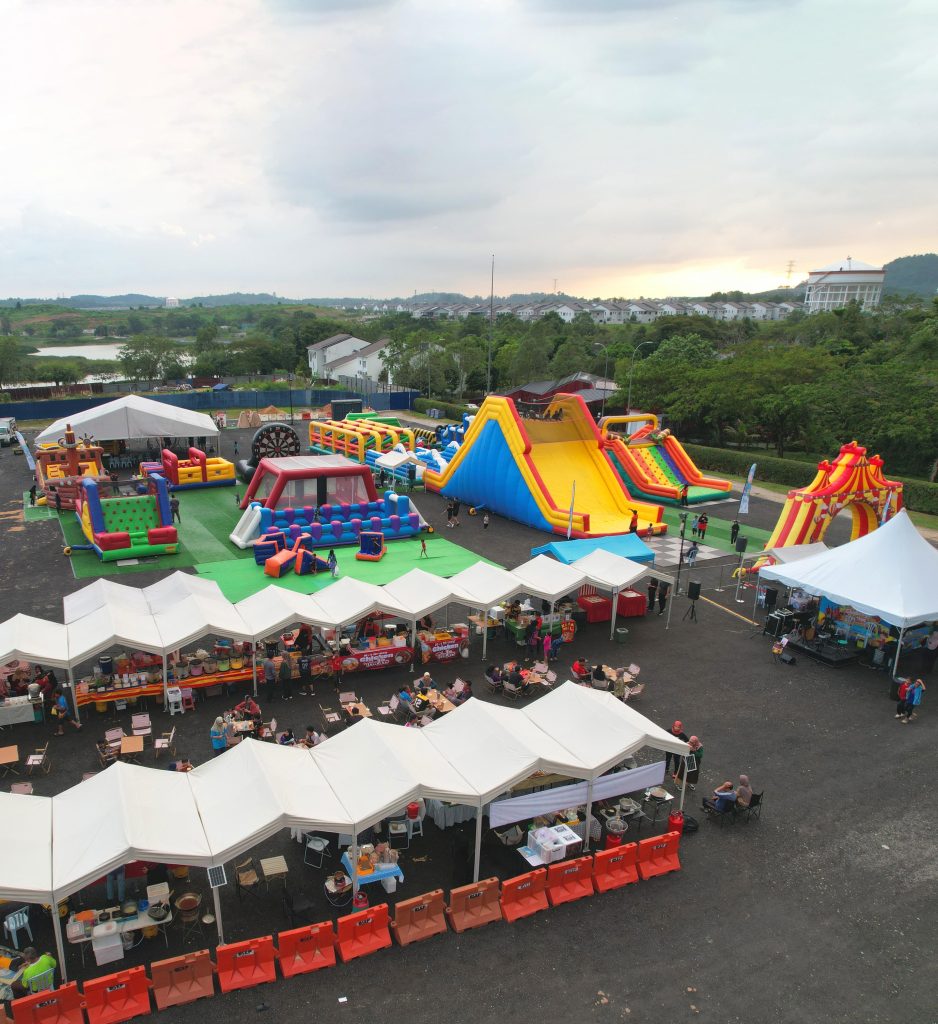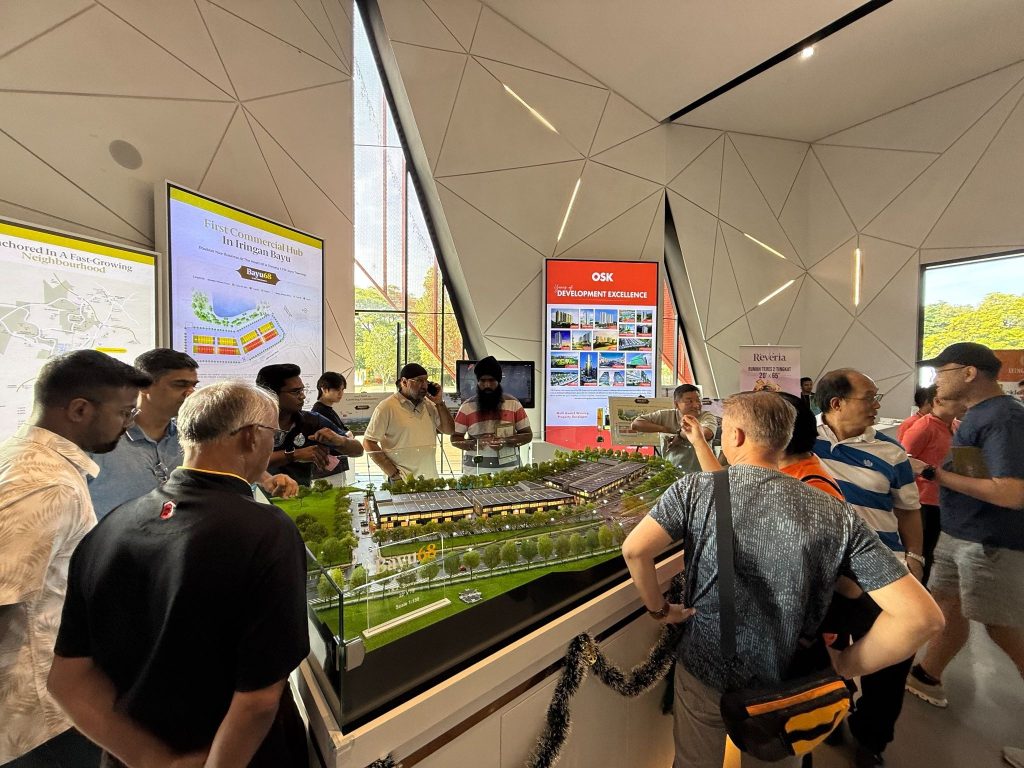Iskandar Malaysia has come a long way. Since the economic region was launched back in 2006, it had attracted RM222.4bil as at the end of last year.
Of the amount, more than half have been realised. Last year, it attracted RM32bil and this year, despite global economic uncertainties, it hopes to attract more than the target of RM27bil.
Iskandar Regional Development Authority (Irda) chief executive Datuk Ismail Ibrahim remains hopeful for investments into the region despite the climate of investments not being as rosy.
Even International Trade and Industry Minister Datuk Seri Mustapa Mohamed had admitted earlier that there would likely be a decrease in investments this year for the manufacturing and services sectors for the country as a whole.
Iskandar Investment Bhd president and CEO Datuk Khairil Anwar Ahmad points out that the education industry has also grown.
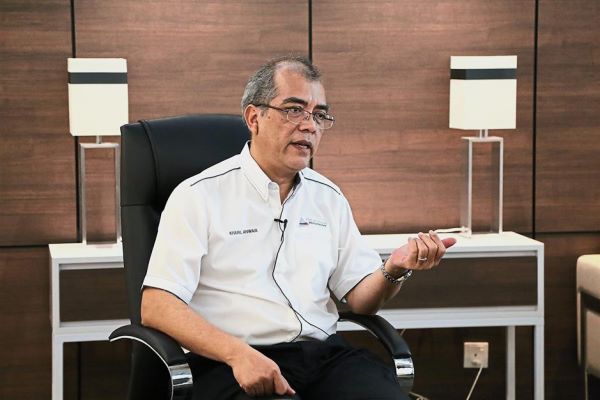
Khairil: ‘Previously you will see a lot of kids going to Singapore to study, but now there is a reverse flow of kids coming from Singapore to Johor to study. There is a new demand coming up.
There are now tertiary-level schools as well as top private schools catering to the demand, especially from Singapore.
“Previously you will see a lot of kids going to Singapore to study, but now there is a reverse flow of kids coming from Singapore to Johor to study. There is a new demand coming up,” he adds.
Education is one of the industries that the region’s authorities have pledged to grow, alongside the creative industry as well as other industries in both the manufacturing and services sectors higher up the value chain.
What is going to help with investments into Iskandar is the number of companies from Singapore that choose to relocate to Malaysia as land and utilities become more expensive in the island republic.
Malaysian High Commissioner to Singapore Datuk Ilango Karuppannan says more companies from Singapore are expected to relocate to Iskandar Malaysia as the island-republic faces a shortage of land and natural resources such as water.
“Singapore’s petrochemical and electronics’ industry may not find it very easy to remain in Singapore for long, because it requires water which is a major limiting factor in the city state, so they will eventually move to Iskandar,” he adds.
The figures speak for itself. In 2016, Singapore was the second-largest investor in Iskandar with cumulative investments of RM20.17bil. China surpassed Singapore last year with total investments of RM24.56bil.
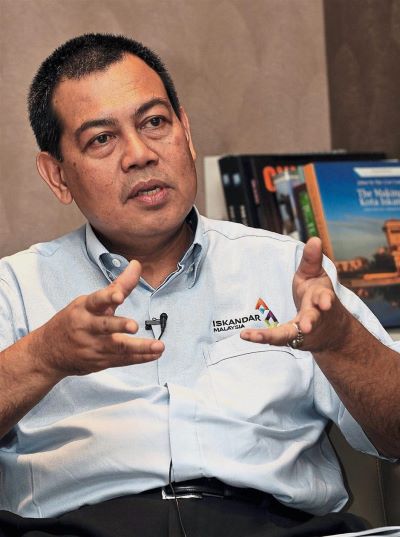
Ismail remains hopeful for investments into the region despite the climate of investments not being as rosy.
However, while land and natural resources are plentiful in Iskandar, the reality is that there is a mismatch of talent, largely stemming from the mismatch of wages.
The shortage of the right talent and in sufficient numbers is putting a lid in terms of investment demand in Iskandar, at least for companies that are operating there for some time and are finding it a problem to source for talent.
Simply put, while there are Malaysians with the right skills and knowledge, they prefer to work abroad because of the higher wages. A weaker ringgit in recent years have also been a lure for many to look for jobs outside Malaysia.
Ismail says employers are finding it difficult to find the right technical skills such as vocational competency adding that the authority is in talks with various ministries and colleagues to resolve the matter.
“We are asking our colleagues on the courses they are offering, so when they graduate, they can enter the job market. We need to work with existing agencies to tackle this so we can be on the same page,” he adds.
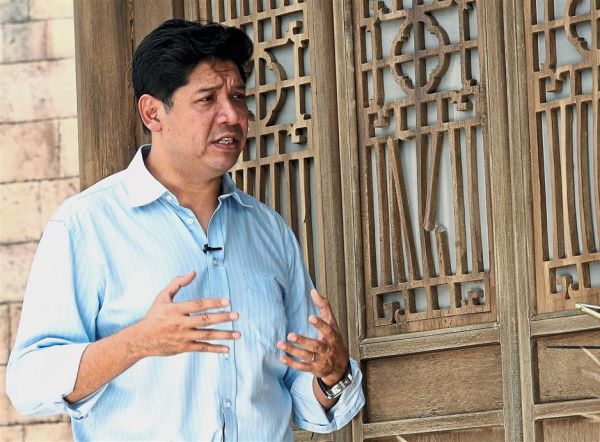
Rezal: ‘Foreign crews ... seem more eager to move to Johor because they see the potential in what Pinewoods is doing here.’
Karuppannan believes wages in Iskandar must be attractive enough.
“If businesses want to relocate to Johor and expect to pay one-third of what Singapore offers, there is no way you are going to retain talent to remain in Johor,” he adds.
Creative firms such as Pinewood Malaysia Studios, which was set up in Dec 2009, finds it difficult to hire for film production.
The studio is an integrated media production facility with 100,000 sq ft of film stages, television studios and a full range of post production services.
One foreign television series that was partly filmed in the Iskandar studio was Marco Polo. Besides the foreign production, a whole range of local ones have also been filmed there.
The studio’s CEO Rezal Rahman says most of its television crew are recruited from Kuala Lumpur due to the shortage of the people with the right skill sets in Johor. He says it is hard to convince people to relocate to Iskandar.
“The idea of relocating down to Johor to pursue bigger international opportunities is perceived as risky as Malaysians are in their comfort zone.
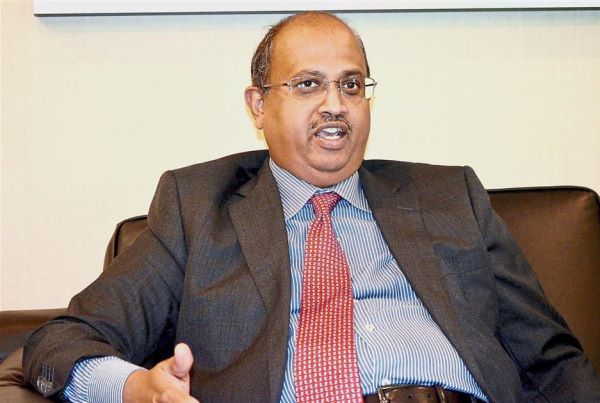
Ilango: ‘Singapore’s petrochemical and electronics’ industry may not find it very easy to remain in Singapore for long.’
“Foreign crews, who are used to travelling around the world, seem more eager to move to Johor because they see the potential in what Pinewoods is doing here,” he adds.
As international productions have higher budgets, Rezal points out salaries offered to the local technical crew is 50% more than what is offered by local production houses in the country.
He says one example is the Marco Polo production, where the salary of a camera man was up to RM10,000 a month while those in catering were earning more than RM4,000.
Rezal says the transfer of skills from the foreigners to the locals is one way to lure people to work in Iskandar, at least from the perspective of the studio.
“What we want is for the local crew to learn the skills gathered from international productions and apply them to local productions,” he adds.
Follow us on Wechat or Facebook for the latest updates.
Download StarProperty.my e-Mag(bit.ly/StarProperty_Emag) for more articles.
Want to contribute articles to StarProperty.my? Email editor@starproperty.my.
[slider id='81590' name='StarProperty' size='full']





